 |
| Chichester Cathedral |
“Then the Colonel bethought himselfe, and conceyved the next and best expedient would be to treate with a French marchant, one that usually traded into France, and went to one Mr. Francis Mançel, a stranger then to the Colonel and only knowen unto him by name, as casually he had mett him with severall other companies, pretending to give him a visitt and to be better acquainted with him. [Mançel] received him courteously, and enterteined him with a bottle or twoe of his French wine and Spanish tobacco.
 |
| A 17th century Dutch merchant ship Francis Mançel's business probably involved similar vessels. |
“After a whyle, the Colonel broke the business to him, saying, ‘I doe not only come to visit you, but must request one favour of you.’ He replyed, ‘Anything in his power.’ Then the Colonel asked him if he could fraught a barke; ‘for,’ said he, ‘I have twoe speciall friends of mine, that have been engaged in a duell; and there is mischief done, and I am obliged to get them off if I can.’
 |
| A duel. With mischief done. |
“Then the Colonel, whoe had promised the noble Lord Willmot an accoumpt at Mr. Hyde’s house aforesaid once in 12 or 24 hours att the furthest, repaired thither accordingly and told him all was done. The noble Lord approved, and like the way wondrous well.
“It being very late, and very darke and boistrous weather, the
Colonel took his leave. His horse being allmost
spent, borrowed a horse of his kinsman Mr. Hide, who lent him his faulkners
horse, being, as it seems, the best he had then; which served to carrie him
home.”


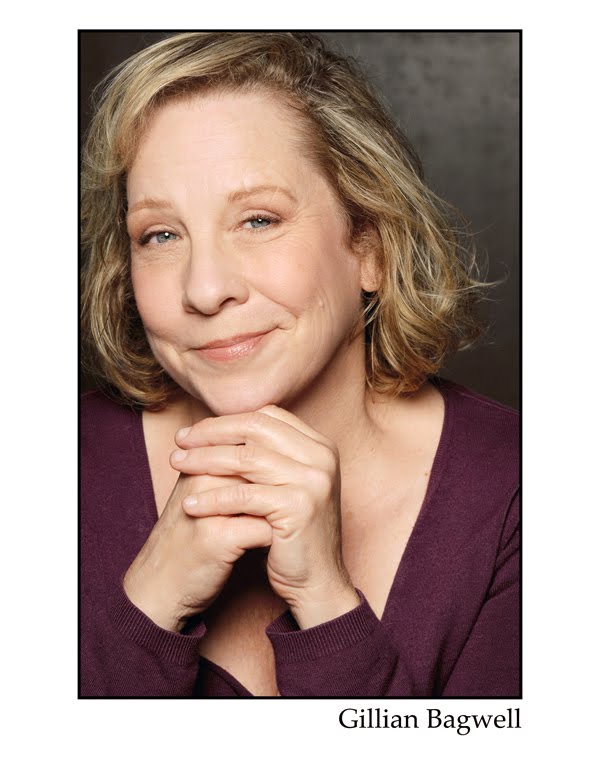

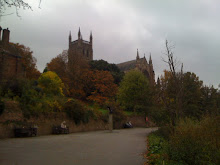
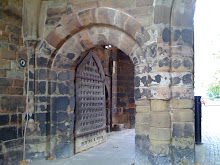



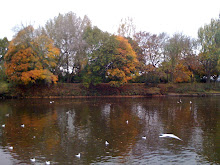
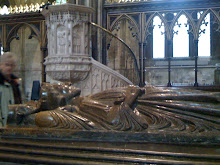
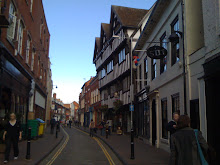

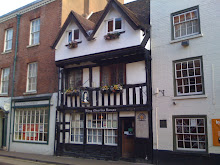
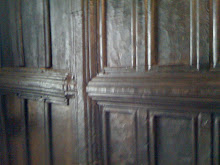
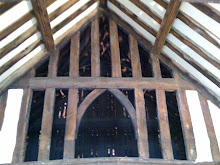



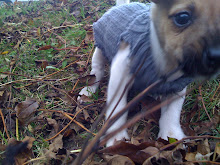

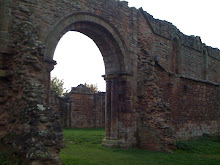




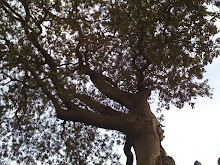



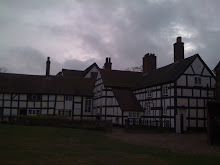

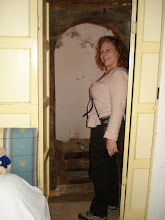
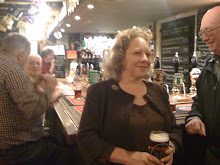
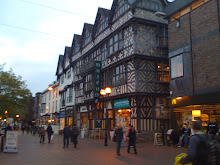
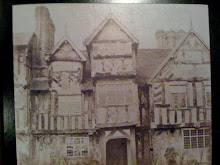


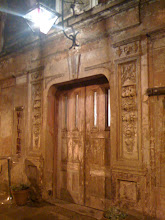
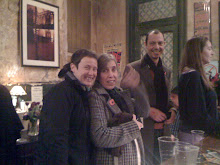


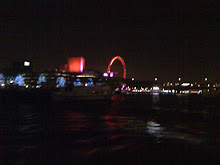

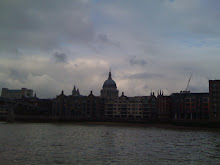
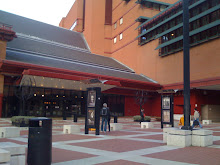

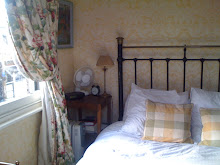
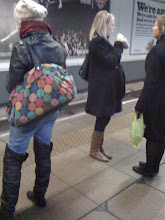


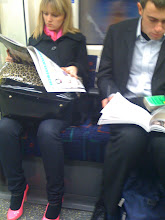
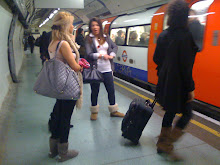

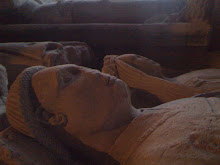
No comments:
Post a Comment